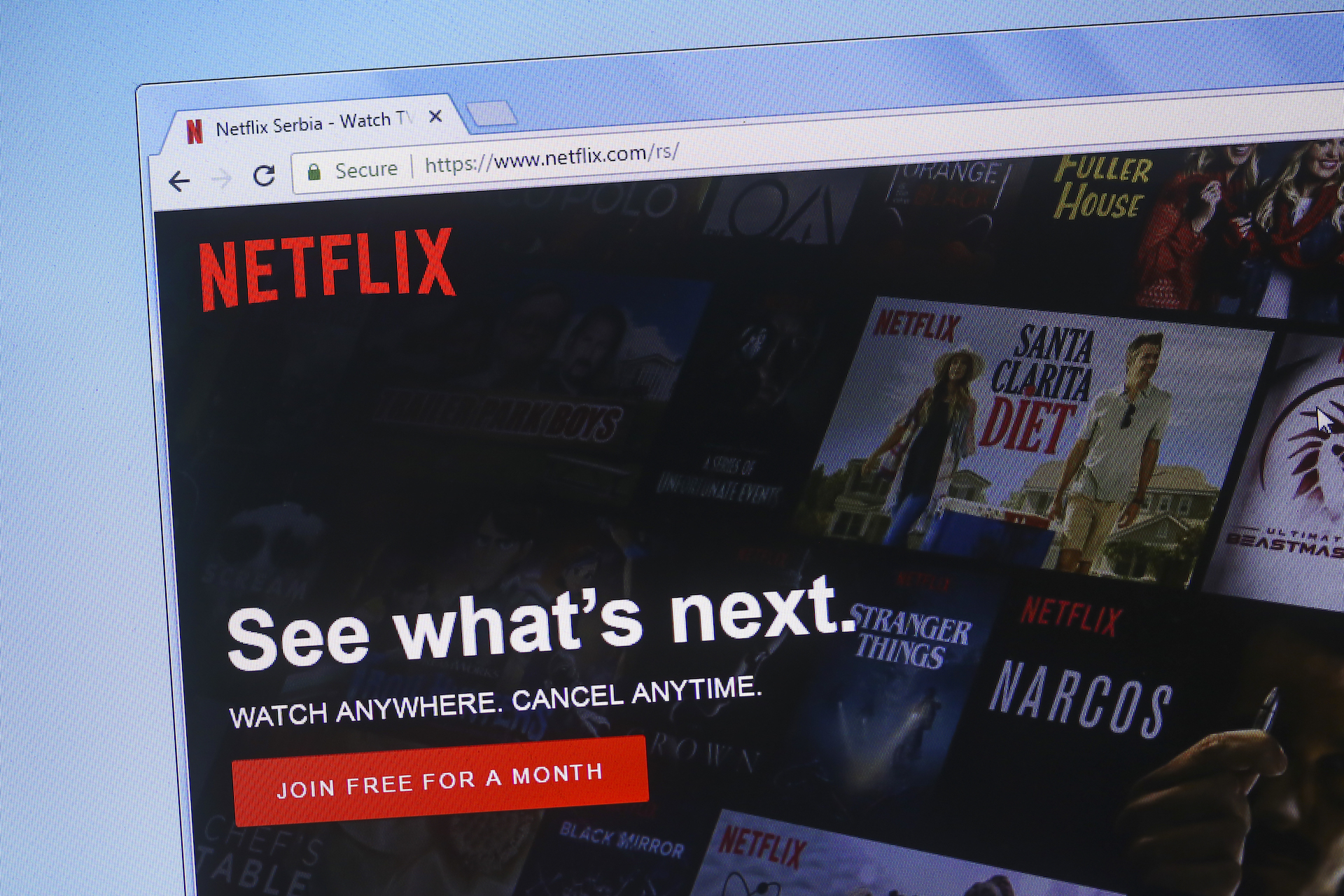Netflix’s recent controversial special “The Closer” calls into question the organization’s DEI mission and highlights the importance of inclusion in long-term performance.
On October 5th, Netflix released “The Closer” by comedian Dave Chappelle. Dave Chapelle openly called himself transphobic throughout, quipping that “and I pushed her off violently, [be]cause I’m transphobic.”
The special incited employees to blast Netflix on social media and host a virtual (well-publicized) walk-out, with support from celebrities like Angelica Ross and Dan Levy. Netflix suspended one employee and fired another, resulting in prominent coverage from outlets like Bloomberg and the NY Post.
For many employees and customers, Netflix’s support for “The Closer” calls into question the validity and sincerity of the companies’ DEI commitments. This is a problem. A Cone Communications study found that 73% of consumers will stop purchasing from brands that don’t share their view on social justice, and 76% of millennials conduct follow-up research to see if a business’s DEI promise is authentic.
At the same time, 72% of employees would leave their company for a more inclusive one. Given record churn levels, US companies and investors are learning that DEI integration into business strategy is essential for long-term performance.
How Does DEI Shape Company Performance?
At Diversio, we used artificial intelligence to analyze employee reviews and rank public companies for DEI performance. We found that the most inclusive companies outperform less inclusive by a significant margin in 9 out of 11 industries, including Information Technology. When employees feel safe and supported, they are more productive and engaged. Employees are then more likely to remain at the company and help attract top talent. They are more loyal to their company and less likely to engage in labor disruptions, like a walk-out.
This seemingly “soft” factor translates into hard numbers. In the IT sector, we found that companies ranked in the top quintile for inclusion improved their share price by 23% from June 2020 to September 2021, compared to 8% for the least inclusive companies.[1]
The takeaway: When looking at two companies with similar profiles and financial performance, the more inclusive company is more likely to outperform long-term. A more inclusive organization will also be more resilient to social and economic disruptions, like the pandemic or mass turnover. All else being equal, the more inclusive a company is, the lower-risk investment.
How Can Investors Determine DEI Performance of Potential Investments?
Diversity data is essential to evaluate a potential investment. At Diversio, we use our advanced analytics tool to score companies across three metrics: diversity of senior management and board directors, inclusion as reported by employee reviews, and the company’s commitment to do better in the future.
When looking at diversity, it’s essential to look beyond the Board and beyond gender. We find the correlation between Executive diversity and organizational diversity is stronger than the Board and the organizations because executives have a much more significant impact on day-to-day operations and culture.
When looking at inclusion, we look at employee feedback across six buckets: culture, fair management, career development, flexible work options, a safe work environment, and recruiting and hiring. Within these buckets, we look at the frequency of employee complaints about things like harassment, recourse, inclusive leadership, pay equity, and adequate resourcing. Examining these topics gives a picture of the overall inclusion of the company and its pain points.
When looking at commitment, we look at four broad categories: policy and governance, recruiting, employee engagement and organizational transparency, and disaggregated data. It is essential to review these policies in detail to determine whether they are solid and authentic. For example, when it comes to data collection and analysis, we ask questions like whether the company is doing the bare minimum to satisfy regulatory requirements or if it collects (and ultimately acts on) information about multiple kinds of diversity at all levels of its staff.
Moving Toward More Inclusive Investments
The Netflix walkout is just one example of employee demands for inclusion and equity. Investors can and should request data on workforce composition, employee experience, DEI policies, and programs to understand an investment’s future performance and risk. This information should give a clearer picture of which companies are likely to outperform and which investments might require a second look.
About Our Research
Diversio is the people intelligence platform that measures, tracks, and improves DEI. Using AI technology and human expertise, Diversio diagnoses pain points, benchmarks against peers, and creates action plans. Our AI analyzes data from investor portfolios, private organizations, and public companies, including the World Bank, Danone, and Microsoft. Diversio’s tool analyzes 1,200 academically verified strategic solutions based on an organization’s data to select the best to improve DEI.








